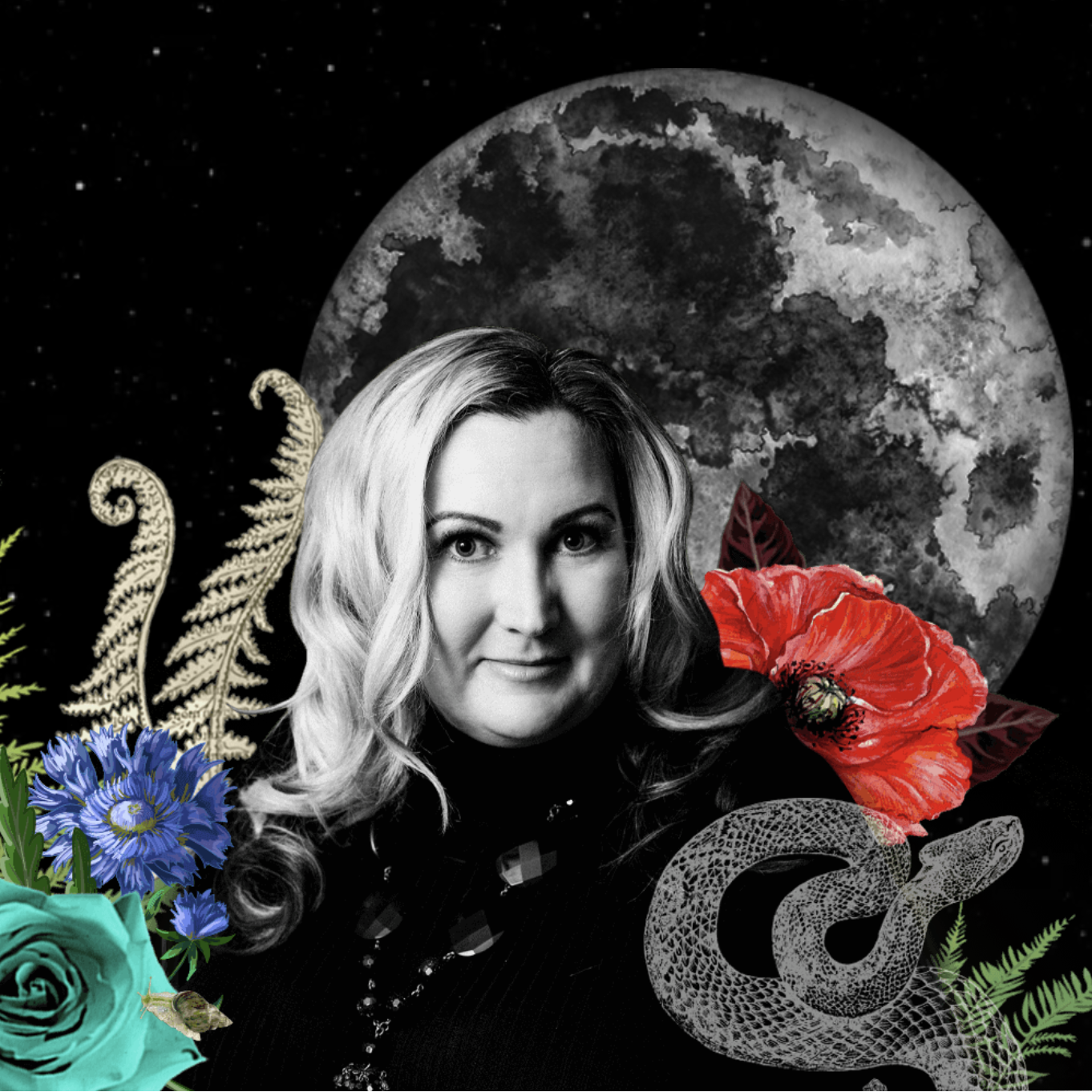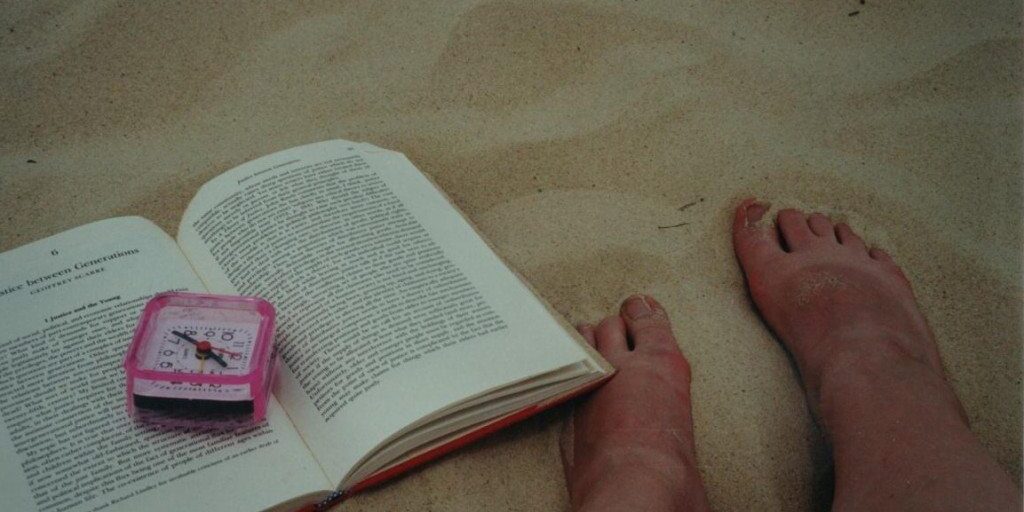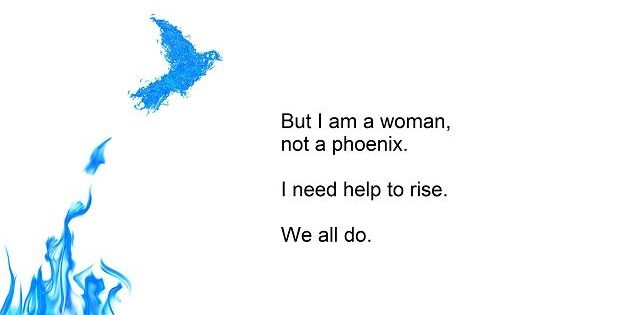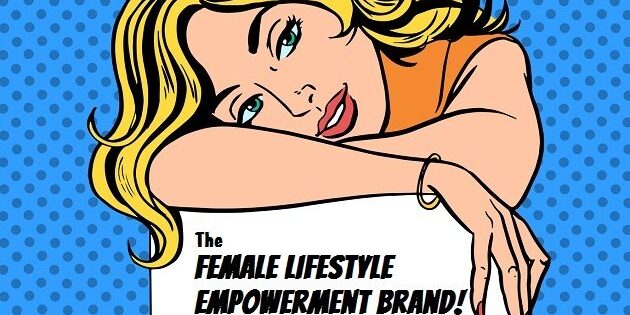Who Run the World? (Other than Beyonce)

before we get started, here’s what I recently published for you at www.kellydev.wpengine.com:
-
- More Tools for Culture Makers (hint: you’ve probably already got these — here’s how to turn up the volume)
-
Business Tip for Culture makers#1220: A Culture-Making Approach to Stock Photos
- Tiny Acts of Doing-It-Differently are Culture Making
ok, onward
I
The first time I heard Beyonce’s song Run The World (Girls), I went to my happy/unhappy place. It’s a place called cognitive dissonance.
On the one hand, yes! I need the magnificent Beyonce to remind us that we have been underestimated and that we actually have enormous power. I need to belt out those validating words, myself. Like most of us, I need this kind of affirmation, and lots of it. We need to be validated and affirmed because in our culture, as Lissa Boles told me last summer, girls and women are “constantly culturally delegitimized”.
And it’s not just girls. Anyone who is not in a white, cishet, male body (aka ‘the mythical norm‘) is also delegitimized.
So yes, we need to hear anthems like this one, because they remind of us of our power. They remind us we’re legitimate, not inferior. Songs like this legitimize the expression of our power and encourages us to USE IT.
This song encourages us to use our voices and sing out. Be heard. Make change, because it’s imperative that we do that. Literally imperative. Notice, for example, that although the song lyrics are sung in the form of a question, the title of the song is structured as an imperative command. It’s not “Who run the world?”, it’s “Run the world (girls)”. It’s a bat-signal (bey-signal?) broadcast to a specific audience. Rise up, girls. Run the world, girls.
Because girls, you matter. Women, you matter. Black folks, you matter. Trans folks, you matter.
You’re culture makers and you matter. RUN THE WORLD.
You can see why my heart answers yes to that song.
And, at the same time, no.
We don’t run the world.
II
Women graduate with more university degrees than men but comprise only 23% of tenured professors. Women hold only 24% of the seats in US Congress — and that low number is a record high. They represent only 25% of state legislators and 22% of senior political executives. Only 16% of mayors in the 100 biggest US cities are women or people of color and even fewer – a paltry 15% – hold executive offices in Wall Street companies. It gets worse: 5% are Fortune 500 CEOs and none at all are CEOs of Wall Street Firms. Only 0.0006% of Venture Capital gets invested in start-ups led by black women and overall, only 2.2% of Venture Capital gets invested in women-led start-ups. Put another way: white men disproportionately dominate nearly every position of power in government and corporate America (Chemaly).
So even though my chest and spirit expand when I sing that girls run the world, I know that they don’t…and I know that pretending we do reinforces a perception that inequity has disappeared. And I don’t want to bolster that pretence.
There are so many people out there (NOT Beyonce) arguing that the time for feminism is over, that sexist wrongs were corrected in the 70s and 80s, and now the feminist pendulum has swung too far. There are mens rights activists arguing that we actually live in a matriarchy and that men are oppressed and emasculated. In a neat logistical inversion, Warren Farrell, the ‘grandfather of the men’s rights movement’, (sidenote: Farrell has been a big influence on Tony Robbins, so I’m not surprised at all by the recent news about Tony Robbins), argues that the disproportionate number of men holding offices of power is not proof of male domination; instead it’s proof of male oppression. Men have to sacrifice their lives to their careers in order to get sex from women. In his words, men are “slaves” to their “primary fantasy” of sexual access to lots of women. Building on his so-called “research”, the MRA movement argues that the gender wage gap exists not because of socially-structured choices or generations of inequity and discrimination and bias, but because of women’s choices. We have only ourselves to blame, ladies.
Countering dangerous nonsense like this is why Beyonce and the entire change-making canon help us get in formation (and information!).
III
Back to my delight and cognitive dissonance when Beyonce tells me that girls run the world.
I suspect that people sometimes experience a similar cognitive dissonance when I insist that WE are the culture makers– and there’s something truly valuable that gets revealed in our shared dissonance.
Yes, pop culture would be NOTHING without the contributions of black people and queer and trans folk. Yes, very few workplaces and families would be able to function without the emotional labour of women. Yes, women have been co-authoring great works of art and having their names erased by their husbands since well, forever. Yes, mothers are the primary socializers of children aka future adults. Yes, we are the culture makers. But no, we haven’t been the institution designers. We haven’t been the decision-makers. As the numbers tell us, we haven’t held those offices of power nor have we been in positions to direct and control the very resources we generated.
And that’s why we are where we are. That’s why the democracy is in jeopardy and we’re on the verge of climate chaos and the world is on fire.
So if every time you read ‘we are the culture makers’, your heart answers yes and you have to wrestle with the knowledge that no, we’re not running the world…you are right.
And that discomfort is the exact spot where we find the treasure.
That spot is our gleaming potential and our golden power.
We can deliberately leverage our culture-making power to become what we haven’t been: the decision-makers and stewards of a better future.
The groups that make up our ‘we’ —
— the groups of people who are not what Audre Lorde calls the mythical norm —
— women, black people, people of colour, indigenous folks, the LGBTQIA communities, elders, teenagers (and especially teenage girls) — have always been the culture makers but not the decision makers.
We were the makers all along so we have the power to make a better one.
We already know how. We’ve already done the work on behalf of other people (and then been erased from that history!).
Our task now is to avoid having our labour co-opted into someone else’s canon-building.
Our task now is to explicitly direct our energy and brilliance towards building better institutions.
Our task now is to defy the constant cultural delegitimization of our very selves and instead affirm our legitimacy at every turn, in every way (Beyonce’s songs are GREAT for that).
Our task is to consolidate the personal power that we’re taking back, as culture makers, into groups and blocs and organizations and the new institutions of the future.
As June Jordan, then Alice Walker and then Barack Obama already told us: We are the ones we’ve been waiting for.
Let’s believe them. Let’s be the institution-builders of the future, right now. Let’s imagine and live our way into systems and structures devoted to justice and human flourishing.
Because, as Arundhati Roy writes, “Another world is not only possible, she is on her way. On a quiet day, I can hear her breathing.”
IV
Now, who runs that world?
We do.
All of us, for all of us.
New canons. New institutions. A better future.
That’s what we’re making, right now, together. That’s what all those instagram posts and blog posts and videos and groups and workshops and meetings and Beyonce songs add up to. They’re the seeds of our future systems and structures.
Hello, bright future. Welcome. So nice to make you.
love + justice,
Kelly




